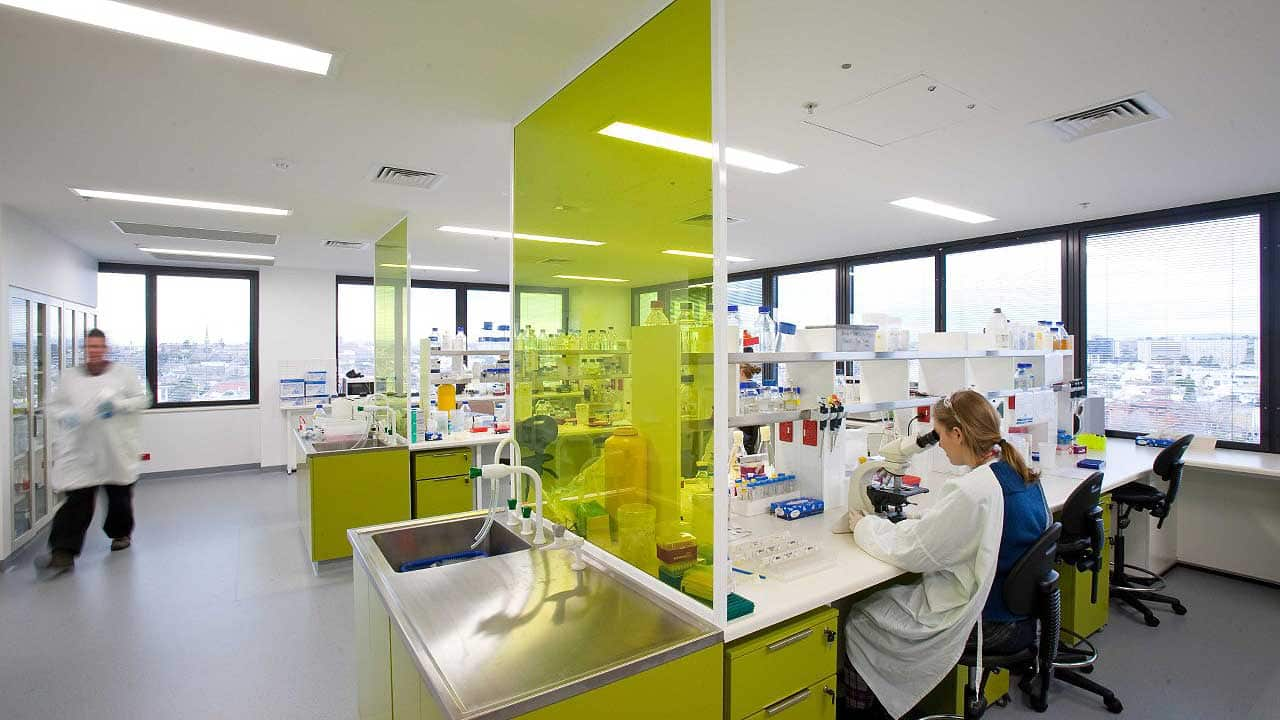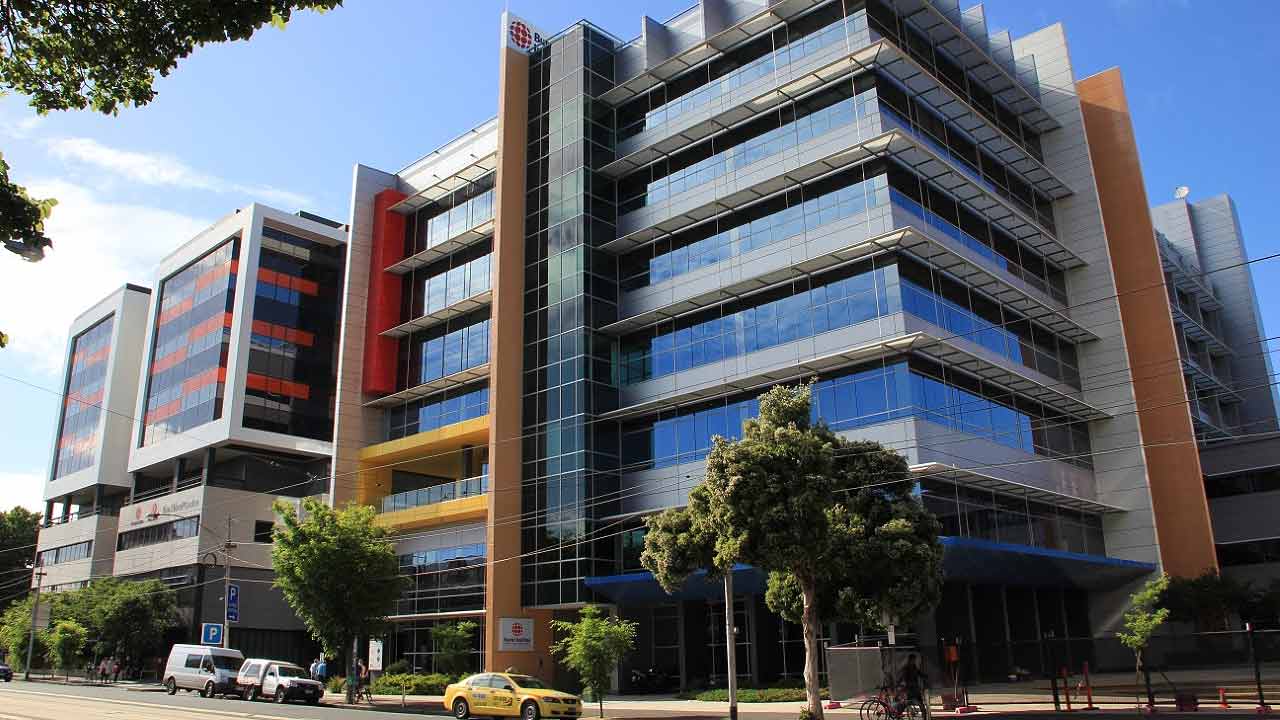HIV/AIDS. The mention of it sent shivers down the spine of almost everyone a few years ago.
That was the era of the Grim Reaper advertisements on our television screens.
Fast forward to today. While it is no longer a death sentence to be diagnosed with the condition, the virus is still wreaking havoc in many societies around the world, especially in parts of Sub-Saharan Africa.
Medical advances have contributed much to 'taming’ the HIV/AIDS beast in the past two decades with Australia playing a significant role in this quest to find a solution to the HIV/AIDS menace.
Last week, medical research organisation The Burnet Institute in Melbourne published the findings of a study it had undertaken on how best to protect women from HIV infection, or drastically reduce the likelihood of infection.
Coming on the eve of Mother's Day, it is a discovery that many women will hail.

Taking a probiotic approach
A large majority of all young women with HIV globally live in sub-Saharan Africa, and the researchers believe these women are especially vulnerable because of the nature of their vaginal bacteria.
Burnet researchers have identified a naturally occurring barrier that they say can help to protect these women from contracting HIV.
Study leader Professor Gilda Tachedjian says Sub-Saharan African women have highly diverse bacteria in the vagina which are associated with inflammation in the lower female reproduction tract.
"This inflammation recruits HIV target cells, but our research has found that beneficial bacteria produce a metabolite that reduces inflammation in test tubes. Adding that to lactic acid reduces the inflammation response," she said.
The study found that lactic acid which occurs in high concentrations in women with beneficial bacteria, plays a key role in the dampening of inflammation that can be caused by an imbalance in the vaginal microbiome.
This imbalance is caused by an overgrowth of highly diverse anaerobic bacteria.
The key is to reduce vaginal inflammation. This will help protect against HIV since it can prevent the activation and recruitment of HIV target cells to the vagina.
As well, it can prevent breakdown in the mucosal barrier that can allow the virus to penetrate and establish infection.
Professor Tachedjian says the study has important implications and opens up a number of avenues for further research to address the needs of women with this particular susceptibility to HIV.
Most of these women are in Sub-Saharan Africa, and Prof Tachedjian could offer no reason why Sub-Saharan women were more susceptible than others to diverse bacteria in the lower reproduction tract.
"It could be racial, behavioural or cultural factors at play here", she said.
Prof Tachedjian says researchers could look at taking a probiotic approach using a species that can make high levels of this beneficial bacteria as a way to prevent HIV in these women.
"Of course we need to consider that probiotics may not successfully colonise in some women due to competition with existing bacteria or sexual intercourse."
An alternative strategy, the researchers believe, could be the delivery of lactic acid into the vagina using a daily gel or in a sustained way through an intra-vaginal ring or a sustained release formulation that may offer wider benefits.

